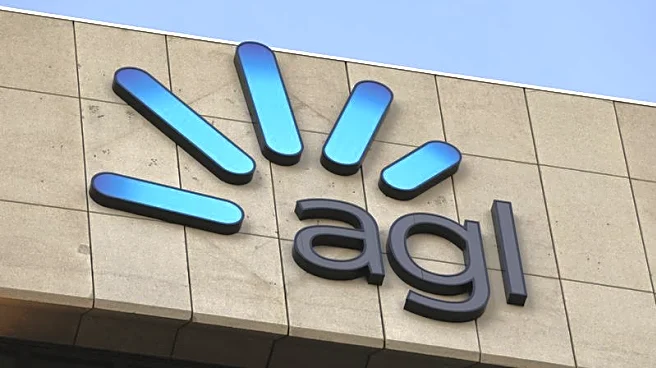What's Happening?
Intuit has announced the integration of new AI features into its TurboTax and Credit Karma platforms. These enhancements aim to streamline tax preparation and financial management for users. TurboTax will
automate data entry for common tax forms and provide AI-driven assistance for maximizing deductions and credits. Credit Karma will offer features like Credit Spark to help users build credit and My Cards for managing credit card benefits. The AI features are designed to simplify complex financial tasks and provide personalized recommendations, leveraging Intuit's extensive data resources.
Why It's Important?
The integration of AI into TurboTax and Credit Karma represents a significant advancement in tax preparation and financial management technology. These features could reduce the time and effort required for users to manage their finances and file taxes, potentially leading to more accurate and optimized outcomes. The move reflects broader trends in the tech industry towards leveraging AI for consumer-focused applications. Intuit's enhancements may also increase competition in the tax preparation market, challenging traditional methods and encouraging innovation.
What's Next?
Intuit plans to continue developing AI-driven features for its platforms, potentially expanding their capabilities and user base. The company may face competition from other tech firms seeking to integrate AI into financial services. Users can expect ongoing improvements in the ease and efficiency of managing their finances and filing taxes. The broader impact of AI on the tax preparation industry may lead to shifts in consumer expectations and business models.
Beyond the Headlines
The use of AI in financial services raises ethical and privacy concerns, particularly regarding data security and the potential for algorithmic bias. Intuit's approach to leveraging extensive data resources highlights the importance of transparency and accountability in AI applications. The integration of AI into consumer platforms may also influence cultural perceptions of technology's role in everyday life, shaping expectations for convenience and personalization.











